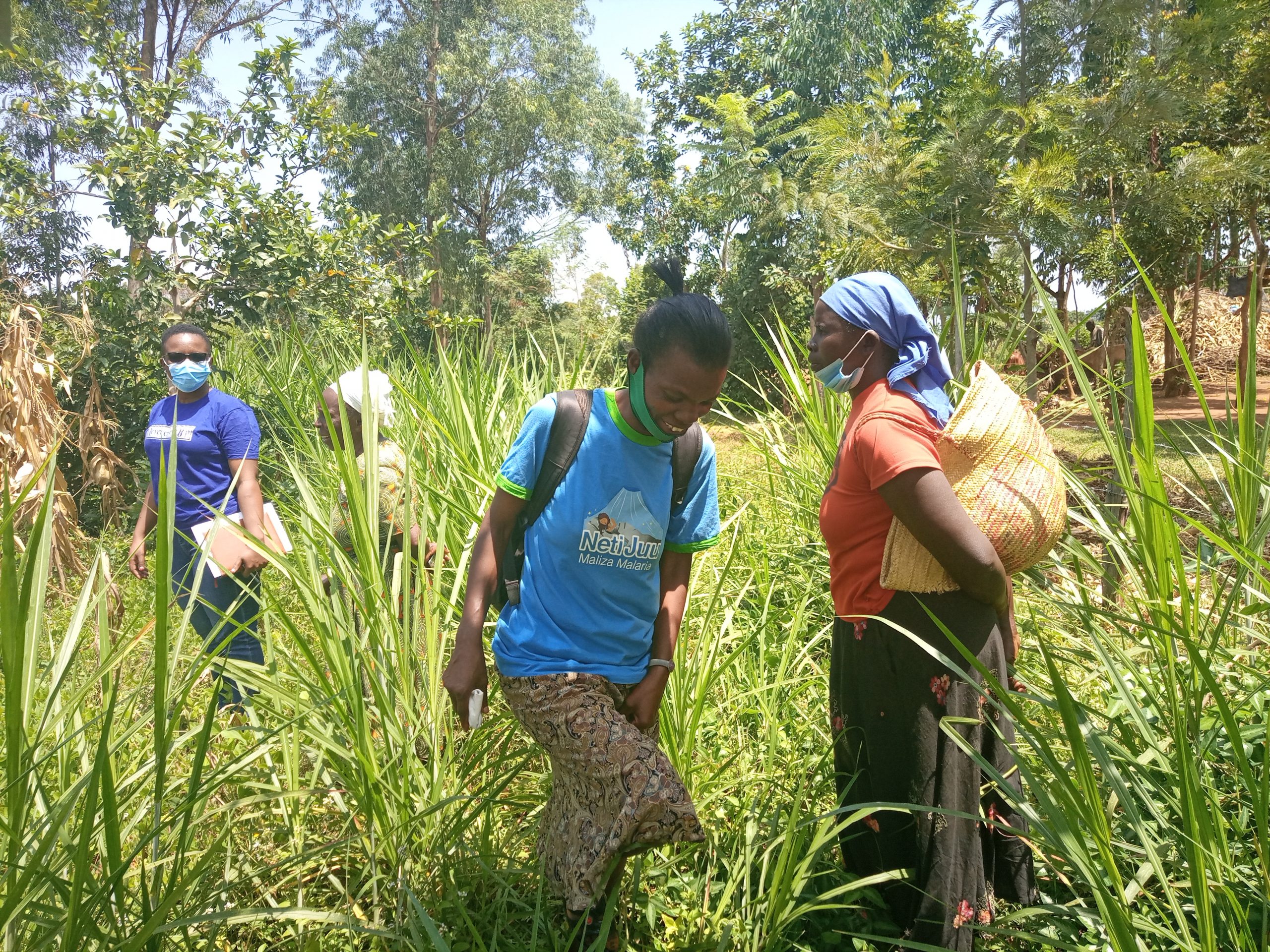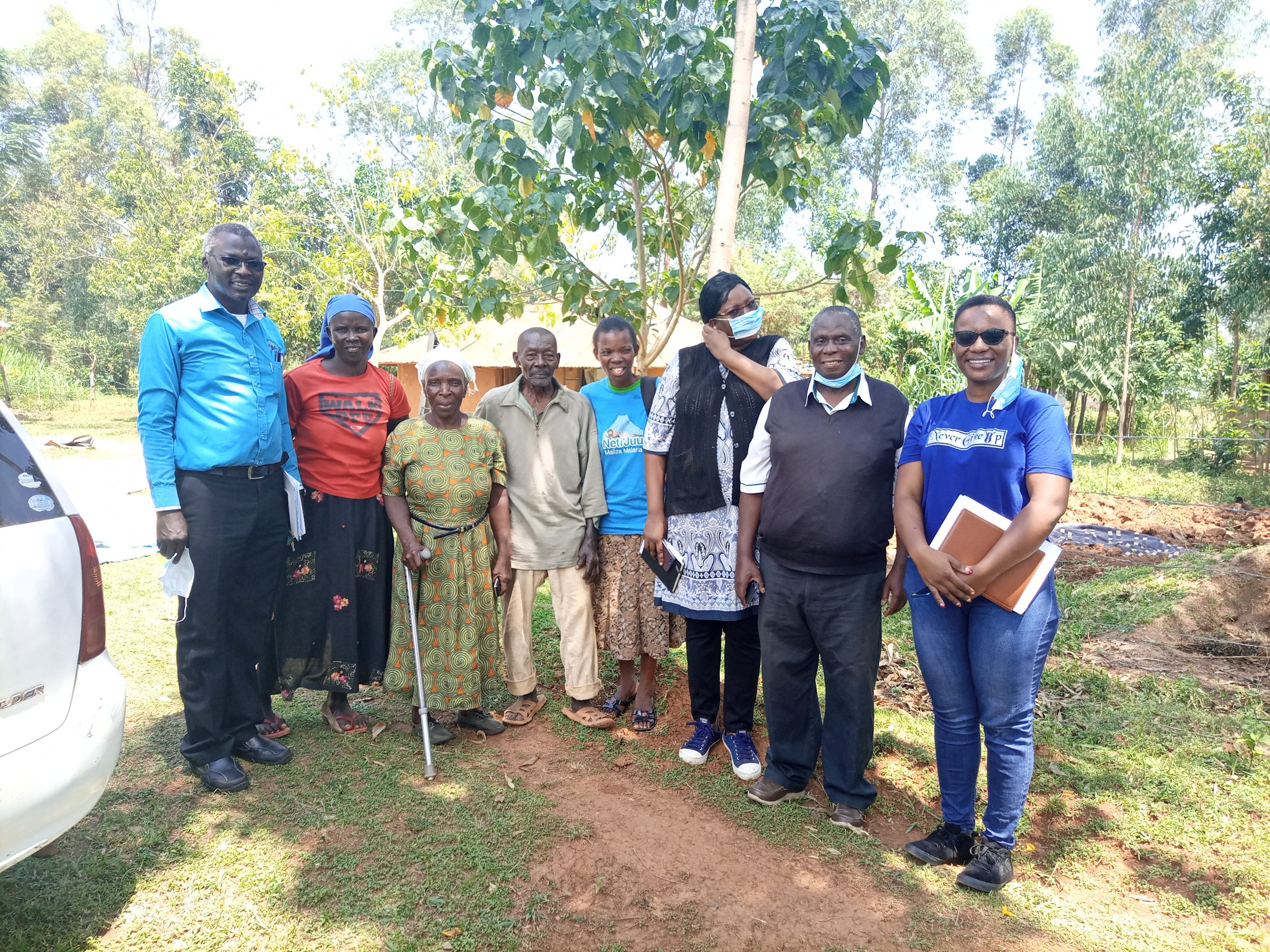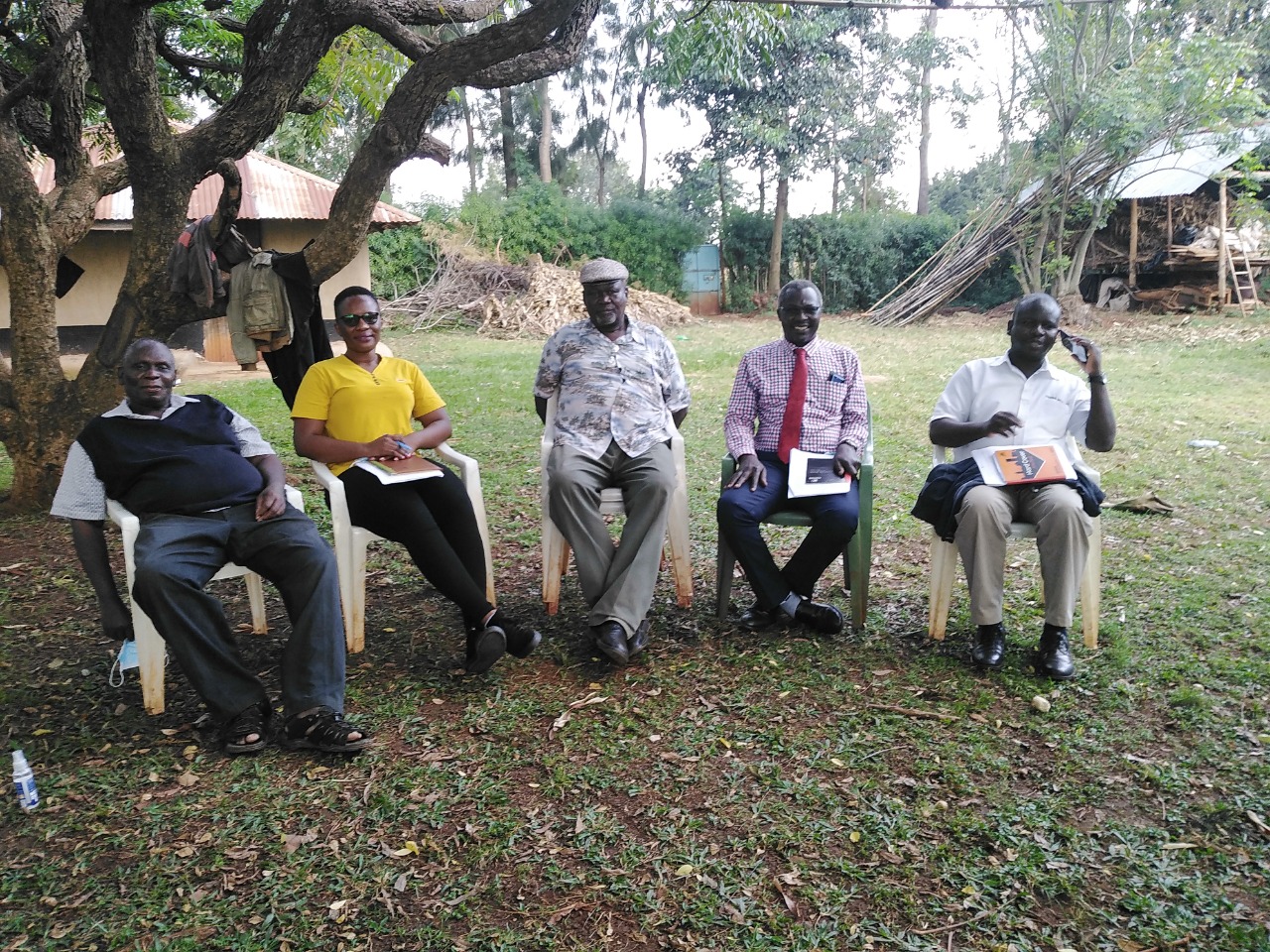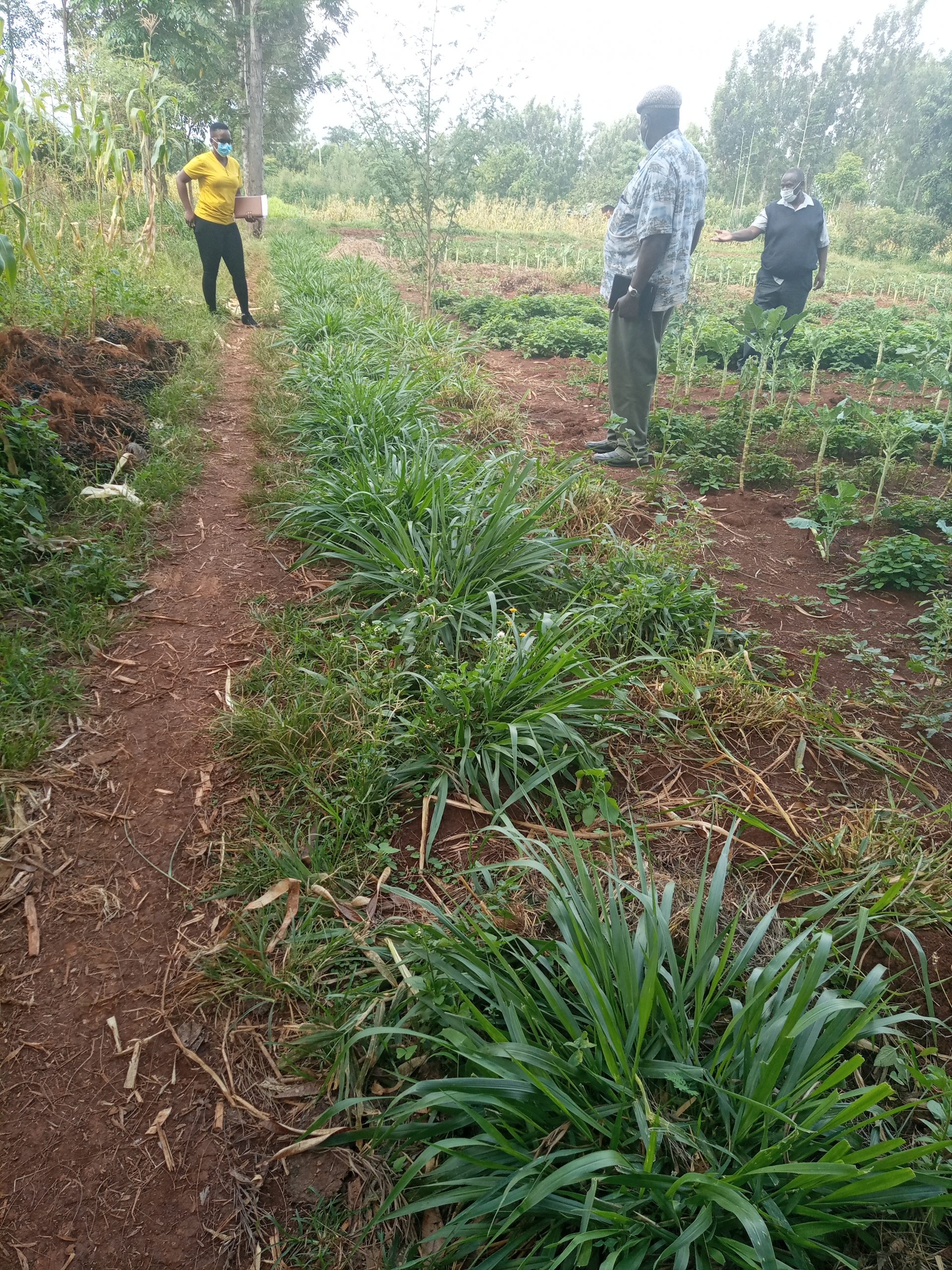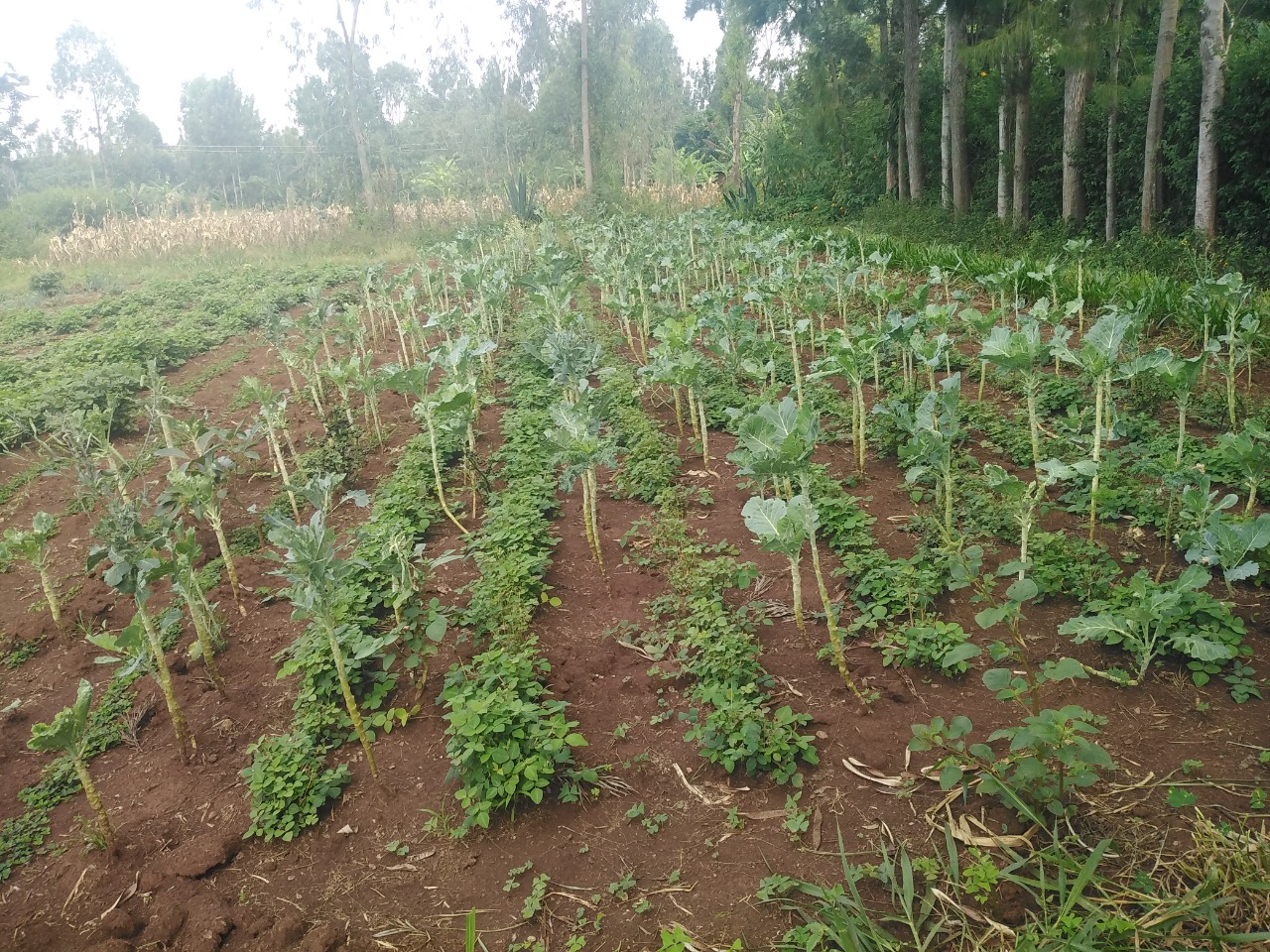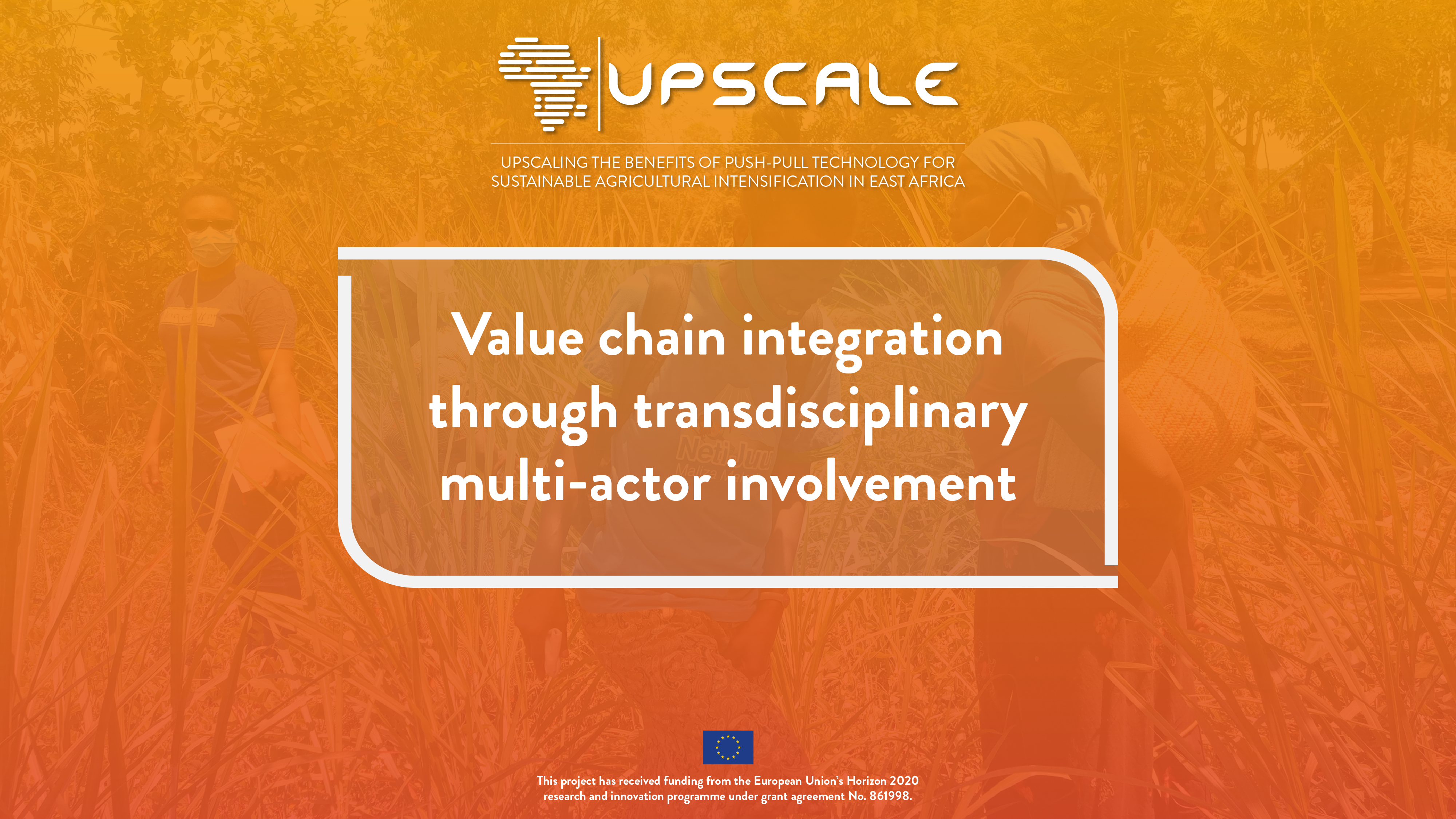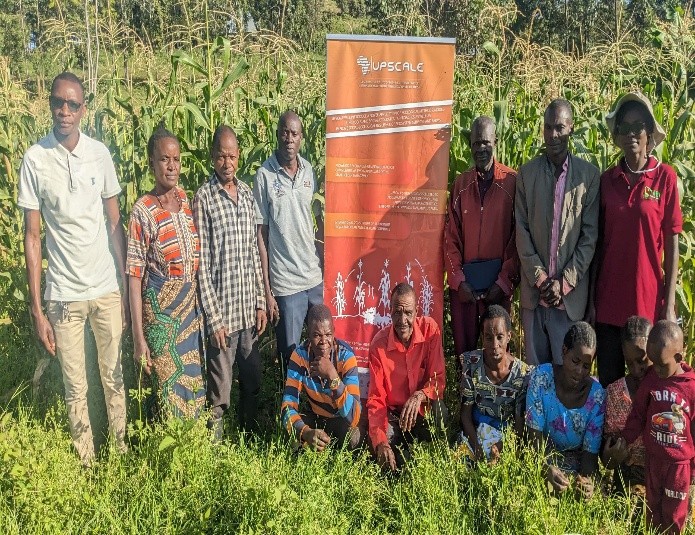Under the UPSCALE Work Package (WP) 7 “Barriers to Push-Pull adoption and opportunities for improvement”, led by Kenya Agricultural & Livestock Research Organization (KALRO) a new set of activities starts from October!
The WP 7 requires UPSCALE to apply both proven and novel approaches to reach out to as many actors as possible while evaluating critical socio-economic, environmental, gender, (a)biotic and institutional factors (credit, input, and output markets). Results obtained will be used to identify further target regions for push-pull upscaling and dissemination using the participative transdisciplinary exchange. In the scope of the new task which started on October 1st, Maseno University will lead the activities to increase the value chain integration through transdisciplinary multi-actor involvement in knowledge exchange, infrastructure, and policy. The value chain analysis will be formulated involving all the relevant actors and support services in close collaboration with Multi-Actor Communities (MACs) and the emphasis will be on ensuring that farmers are linked to the main value chain players in the market. Additionally, value chain analysis for the different push-pull products will be carried out, coupled with data from other WPs and tasks which are used to perform participative value chain mapping with all stakeholders.
Since UPSCALE project started in November 2020, Maseno University has consistently engaged project team members and MACs formed in Kenya, Uganda, Tanazania, Ethiopia and Rwanda on transdisciplinary value chain mapping. Important value chain questions were included in the socioeconomic survey implemented by KALRO.
As the project is transdisciplinary, it is important to engage not only the farmers and policy makers as most important stakeholders but researchers as well. For these purposes, both KALRO and MU have recruited postgraduate students to handle value chain mapping in Tanzania and Kenya respectively and MU has developed a draft questionnaire on value chain mapping and has conducted pretests with producers within the Kenyan MAC.
Next steps
MACs will be engaged to suggest pathways for improvement by the relevant actors and institutions, and advocacy for the proposed solutions will be implemented in the context of both MAC and external policy dialogue. Farmers’ involvement will be monitored and encouraged through regular updates and participatory evaluation of institutional/market changes implemented in the run-time of the project and through direct evaluation of market integration data led by partner EAFF.
Stay tuned for information on the new activities!
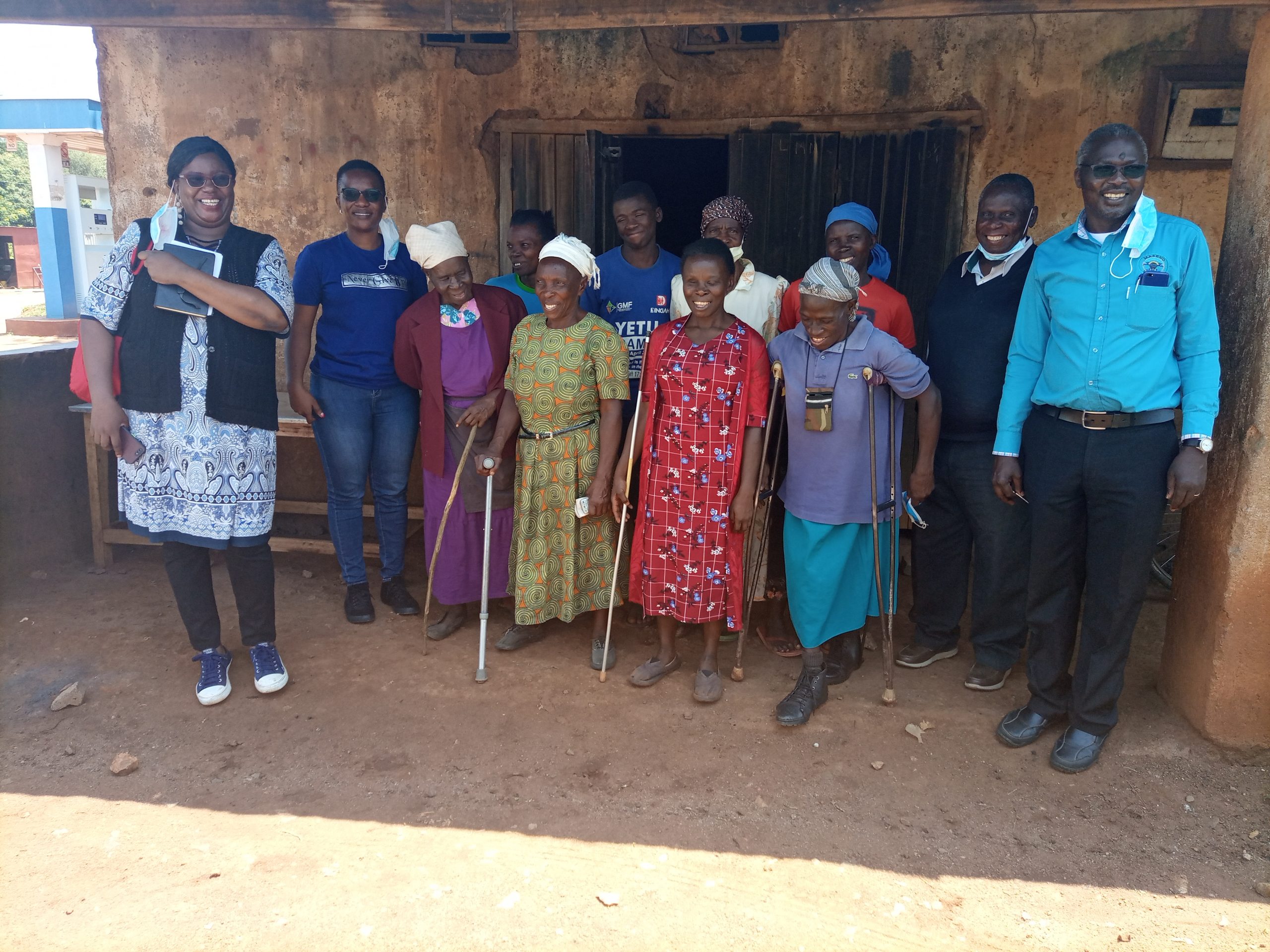 Part of the farmers' group and the UPSCALE TEAM
Part of the farmers' group and the UPSCALE TEAM
